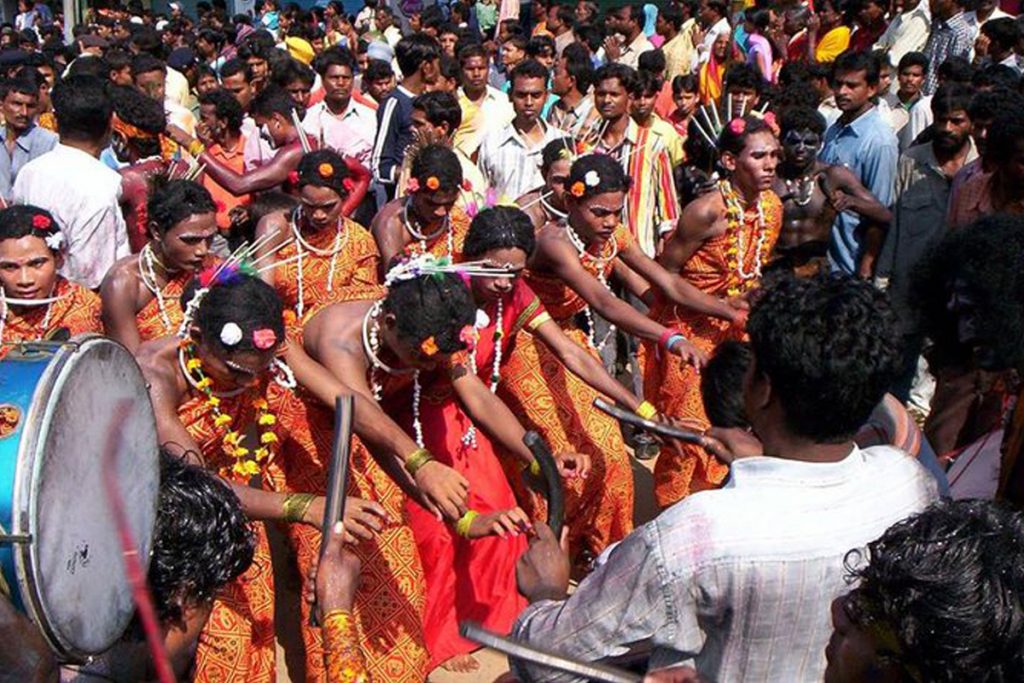Earlier this year, the Orissa High Court delivered a judgement which banned animal and bird sacrifices during the ‘Chatar Yatra’ festival, celebrated in the Kalahandi District of Odisha every year. The festival involves thousands of animal sacrifices to please the deity Maa Manikeshwari. The Supreme Court has now temporarily suspended the High Court’s judgement, which means that the High Court’s ban on animal/bird sacrifices does not have to be implemented for the time being.
1. Does Indian law prohibit cruelty towards animals?
Yes, the Prevention of Cruelty to Animals Act, 1960 prevents people from inflicting unnecessary pain or suffering on animals (including birds), and prevents cruelty towards animals. However, Section 28 of the Act states that it is not an offence to kill any animal in a manner which is required by the religion of any community.
2. The right to religion
Every person has a fundamental right to freedom of religion under Article 25 of our Constitution. All people have a right to freely practise any religion of their choice. However, the right to religion can be restricted for reasons such as public order, morality and health.
In Sardar Syedna Saheb v. State of Bombay, the Supreme Court held that a person is not liable to answer for his/her religious views, and cannot be questioned regarding personal religious beliefs by the government or by anybody else. However, the person does not have the absolute right to act in any way he/she wants in the practise of religious beliefs.
The government has the regulating power to make laws in the interest of public order etc. restricting religious practices. For example, there may be religious practices involving a sacrifice of animals in a way that is harmful to the well-being of the public at large. The Court said that the government can interfere to restrict or regulate such practices, even to the extent of completely stopping such practices.
3. Are animal sacrifices essential to religion?
In Commissioner of Police v. Acharya Jagadishwarananda, the Supreme Court stated that the protection of religion under Article 25 includes protection for religious rituals, ceremonies and modes of worship which are a part of religion. However, a religious practice is considered to be part of a religion only if the practice is found to be an essential and integral part of religion. The Court said that only those practices which are essential and integral to a religion are protected as religious rights.
So, in order to be protected as a religious right, animal sacrifices will have to be considered by the Court as an essential religious practice with reference to a particular religion. This may be decided by the Court after looking into the doctrine of the particular religion, what the community regards as essential to the religion, and other evidence.
4. Protecting animal welfare
The Supreme Court has held that with regard to the rights of animals, every species has an inherent right to live and shall be protected by law, except in necessary situations. Animals also have honour and dignity which cannot be arbitrarily deprived, and animal rights have to be respected and protected from unlawful attacks. The Court stated that the PCA Act is a welfare legislation and its legal provisions should be liberally interpreted in favour of the animals that it seeks to protect.
5. The Orissa High Court judgement
In its judgement, the Orissa High Court said that sacrificing animals to please the deity is nothing but a superstition which needs to be addressed so that it can come to an end through public awareness. The Court said that a civilized society cannot accept such activities and it is time to check such activities, if necessary by taking strict action against the violators.
The Court stated that the act of sacrificing animals in temples does not reflect religious beliefs and ideas. The rituals attached to animal/bird sacrifice reflect only cruelty, superstition, fear and barbarism and have nothing to do with either religion or culture. Animals have basic rights which need to be recognized and protected.




